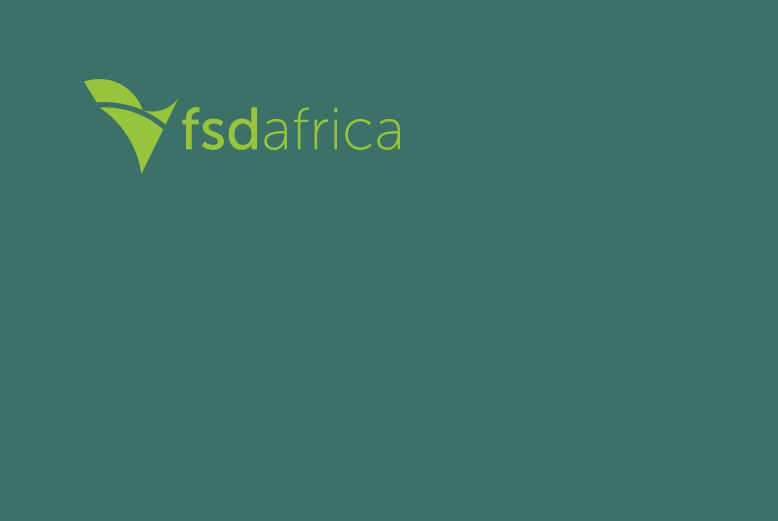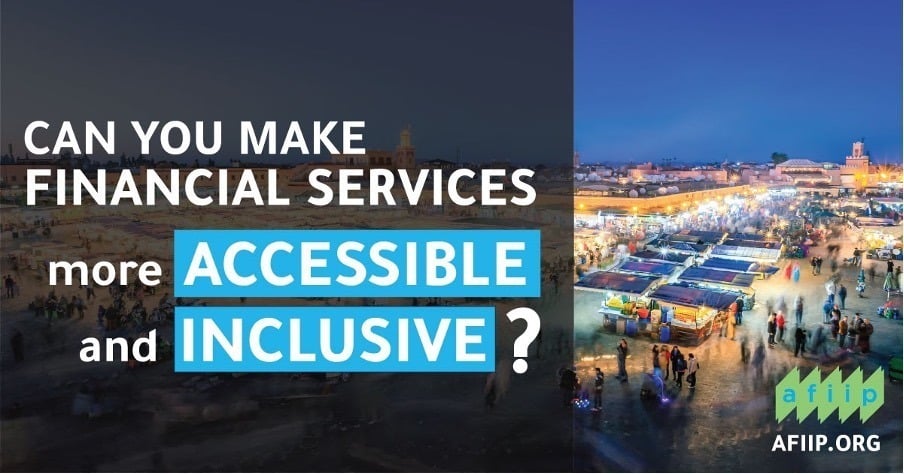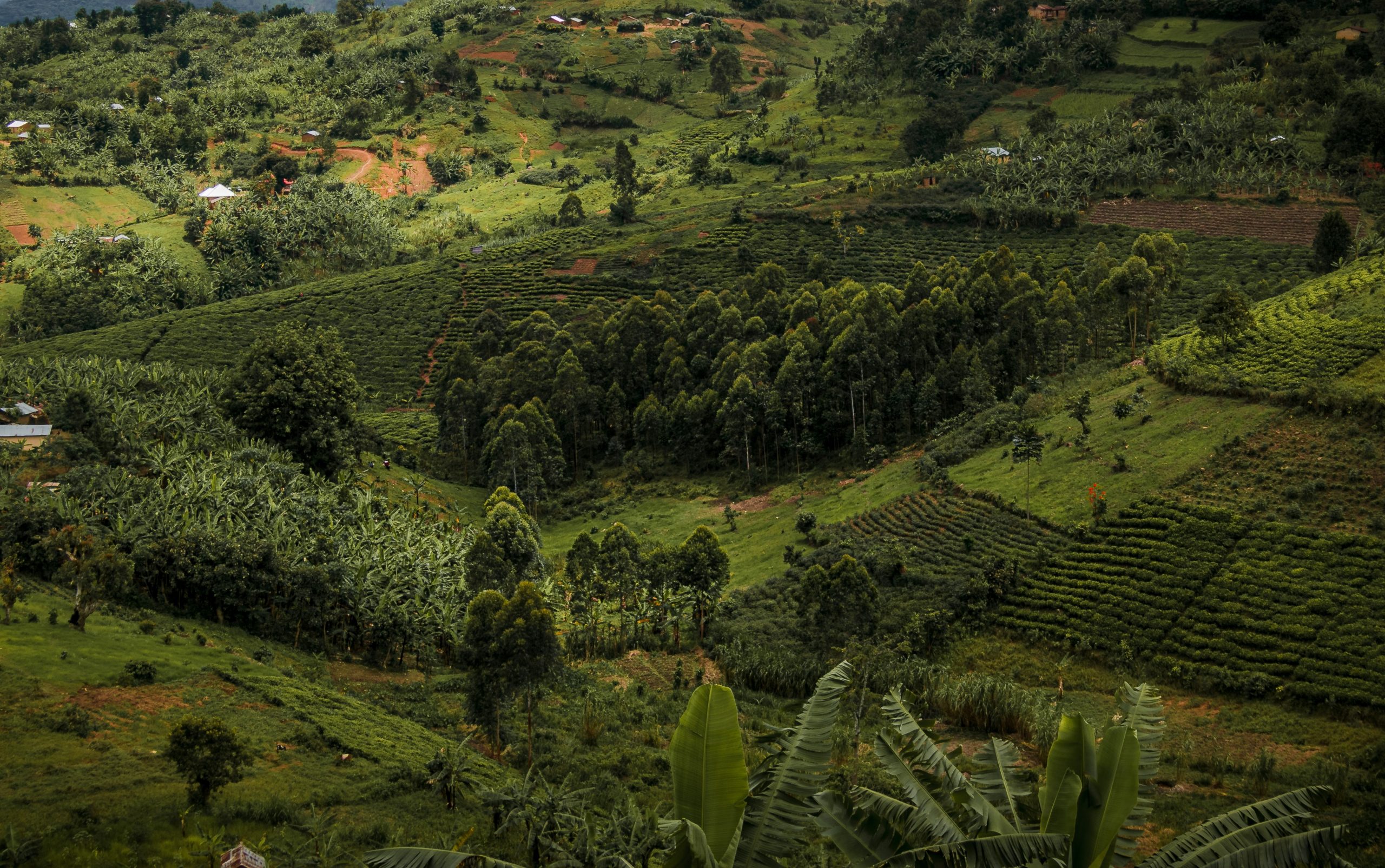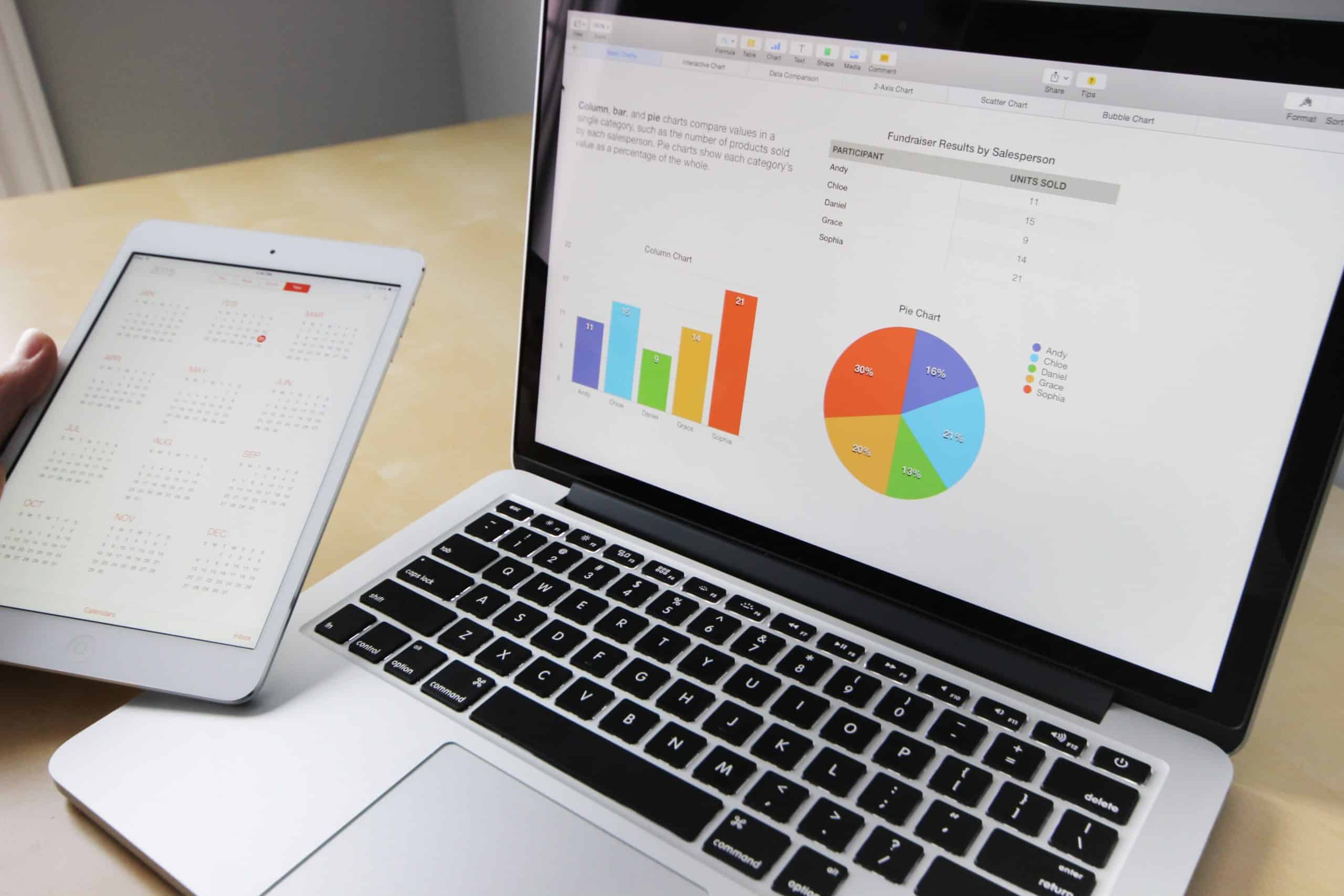Climate change is increasing extreme weather events, and Africa is greatly exposed. Drought, flooding, extreme heat and tropical cyclones are all major risks with the consequence that 30 of the world’s 40 most climate-vulnerable countries are in sub-Saharan Africa1. Given Africa’s high dependence on its natural resources, with agriculture contributing 16% of the continent’s GDP and employing roughly 60% of the population, these climate extremes pose a very high risk in the continents’ economies and household livelihoods. In Kenya, for example, in the three drought years in 2009, 2010 and 2011, the drought cost the country 11%, 7% and 9% of its entire GDP.
At the same time, only 3% of global climate finance2 finds its way to Africa to drive mitigation and adaptation. There is also a large protection gap with a very low percentage of African weather-related losses currently being insured. A specific example is Cyclone Idai which in 2019 affected Mozambique, Malawi and Zimbabwe. Of t0bn losses, only 7% were covered by insurance3. As the frequency and severity of weather events increases, if more is not done to change this situation and increase resilience, then the cost of climate disasters will render sustainable development virtually impossible in Africa.
We thus face a major sustainable development crisis for which urgent action is required. The insurance industry has a vital role to play in responding to help drive both mitigation and adaptation.
Mitigation
Insurers are underwriters and asset managers of long-term capital and, in both capacities, can meaningfully contribute towards reaching net-zero carbon emissions.
As underwriters, insurers play an essential role in facilitating the flow of capital to mitigation projects through providing de-risking solutions to investors. For example, in the geothermal energy sector in East Africa, where capital intensive early-stage development drilling has a low probability/high severity risk profile, investors need risk transfer solutions to make the risk-return profile attractive. To address this barrier, FSD Africa is working on setting up a local underwiring pool that will provide de-risking solutions to enable the crowding-in of private capital to this important renewable energy source.
On the flip side, insurers can leverage their underwriting to reduce capital flows to the fossil fuel industry by making underwriting decisions using an ESG lens and not purely based on short-term commercial factors.
As managers of significant pools of long-term capital, insurers also have a critical role to play in the transition to a net-zero emissions economy through green investing.
The recently convened UN Net-Zero Insurance Alliance demonstrates the growing global momentum towards this.
Adaptation
The insurance industry is expert at managing complex long-term risks, and so when it comes to managing the unavoidable long-term consequences of a warming planet, the industry has much to contribute.
The starting point in managing risk is understanding it and having the right data and models to make informed decisions on how to respond. In simple terms, you need to know the likelihood of a hazard occurring, the direct financial losses it will cause and the indirect impacts (e.g. services disruption) that will result. Catastrophe models have been used for many years by insurers to model these types of impacts and price the risk. By incorporating climate risk modelling into these projections, insurers can help businesses and governments make informed decisions on what resilience initiatives to pursue.
Once risk is understood and evaluated, it needs to be managed. Investing in physical risk reduction measures (e.g. irrigation systems or flood defences) and pre-arranging risk finance are two important management options. The insurance industry is a key player in enabling both. For the necessary private finance to flow to resilient infrastructure, as with mitigation projects, risk transfer solutions underwritten by insurance companies are often required. And when it comes to pre-arranging risk finance, this is obviously the core of what the insurance industry offers. So, insurers making the necessary solutions available to individuals, businesses and governments is vital to ensuring climate resilience.
The way forward
One of the key global initiatives developed explicitly for the insurance industry is UNEP’s Principles for Sustainable Insurance (PSI). It focuses on sustainable insurance that reduces risk, develops innovative solutions, improves business performance, and contributes to environmental, social, and social-economic sustainability[1].
Given FSD Africa’s increasing focus on the role of finance in climate mitigation and adaptation, we have joined the UN Environment’s PSI initiative and will be directly supporting the implementation of the PSI global programme in Africa. FSD Africa was also a founding signatory to the recent Nairobi Declaration, which commits African insurance organisations to play the sustainability roles described in this article. We strongly appeal to all African insurance industry leaders is to also sign the Nairobi Declaration. Let’s work together to leverage the collective financial might of the insurance industry towards a sustainable future.
<"#_ftnref1" name="_ftn1">[1] UNEP FI: PSI – Principles for Sustainable Insurance – a global sustainability framework and initiative of the UNEP Finance Initiative (2012)
1 Notre Dame Research
2 CPI, 2019
3 Swiss Re Institute,








